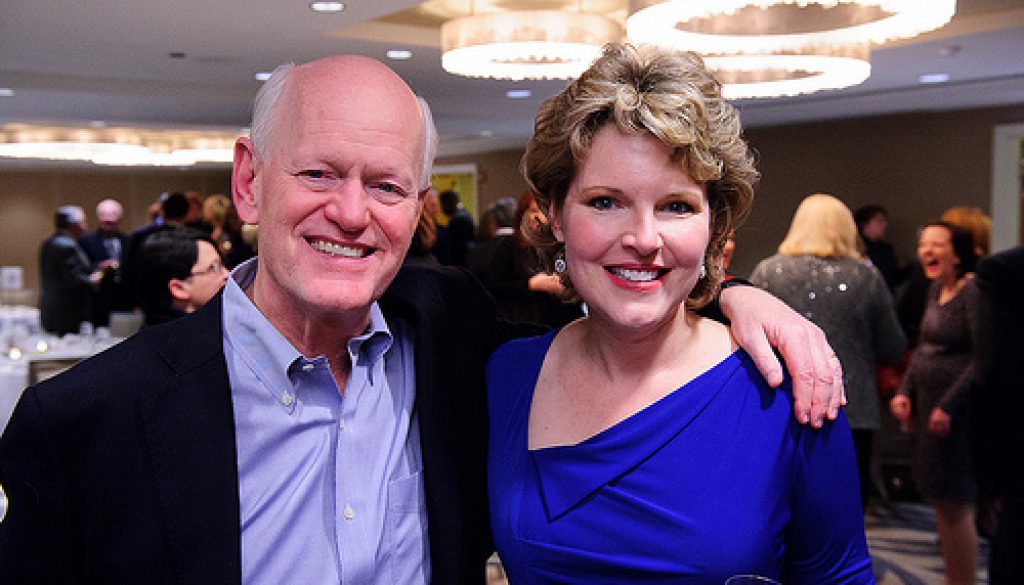Feedforward On the Job: A Key To Self-Improvement

Continuous learning and growth is essential to building a successful career, and feedback is an important part of that process.
I’ve seen my coaching clients flourish thanks, in part, to feedback. While the prospect of an assessment of your strengths and weaknesses can feel daunting, and actually receiving it can be painful at times, feedback from a coach, your boss, colleagues, or trusted mentors can provide valuable “data” – offering you a deeper understanding of how you’re perceived in your workplace.
Feedback has been instrumental in my own growth since making the jump from a career in Music to Professional Development, fifteen years ago. I wouldn’t be where I am today without the feedback I’ve received from my bosses, colleagues, coaches and mentors along the way. One such mentor has been executive coach and leadership consultant, Marshall Goldsmith. While training to get my certification as a Marshall Goldsmith Stakeholder-Centered executive coach, I learned, first hand, Goldsmith’s philosophy about feedback, which he calls feedforward since he believes the past can’t be changed but you can consider how you will approach your future. He sums it up in his book, What Got You Here Won’t Get You There, where he’s dedicated an entire chapter to the topic.
Knowing Where You Stand
In the book, Goldsmith says, “We all need feedback to see where we are, where we need to go, and to measure our progress.” He advises that if you’re not in a work situation where you receive regular feedback – through a 360–degree assessment or other type of review process – you should solicit it so you know where you stand, and so you can make any changes needed to stay on top of your game.
Goldsmith explains that you can also gather your own feedforward by simply observing how you affect those around you. He offers these four strategies for conducting your own study:
- Track Other’s Comments – Log any remarks people say to you, about you, during the course of your day. Comments like “You’re always so upbeat.” “Late again?” “You look so sad.” or “Good call!” should all become part of your running list. When you’ve collected a fair number of comments, tally the positive versus negative remarks to give you an idea of the impression you’re making at work.
- Track Your Own Comments – Are you regularly talking yourself up with self-aggrandizing comments (“I had them eating out of the palm of my hand!”) or talking yourself down with self-deprecating words (“I’m no expert”)? Become more aware and make note of the messages you’re putting out in the world about yourself.
- Observe Body Language – Wherever you might be, whether in a staff meeting, the cafeteria, your boss’ office, or welcoming colleagues into a meeting room – try focusing solely on the body language of the people around you. Do they have an open or closed-off stance towards you…are they leaning towards or away from you…making eye contact or averting their eyes…smiling or looking indifferent? Actions can speak louder than words, in many cases, so “turn off the sound”, so to speak, to focus your attention on how people are physically responding to you.
- Add It All Up – Once you’ve completed your personal study at work, you can assess the “data” – looking for any emerging patterns that could be hurting or helping your progress.
Whether positive or negative, I encourage you to welcome feedforward. We all have our blind spots, and feedforward, whether unsolicited, solicited, or gotten on our own, can help us take a step back to see the bigger picture of ourselves. It can be a powerful catalyst for propelling us further down the road we’re already on, or for helping us move down a completely new one. When all is said and done, feedforward can be a much-needed reality check that helps push us out of our comfort zones towards greater success and satisfaction on the job.






